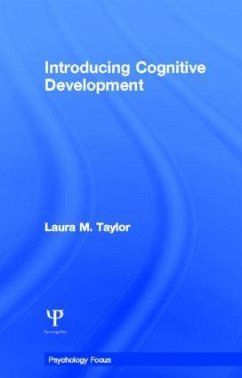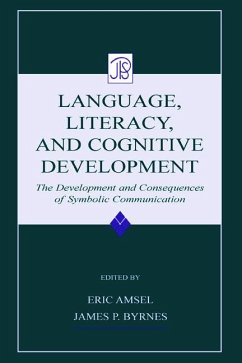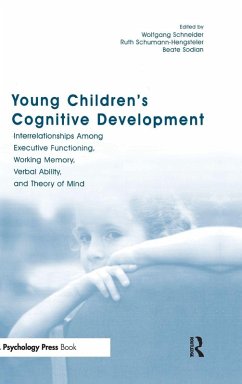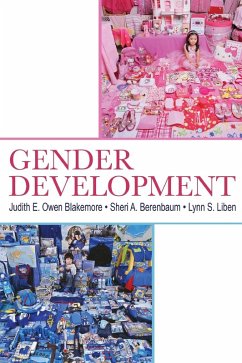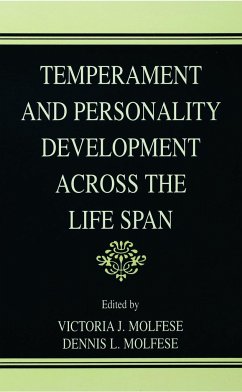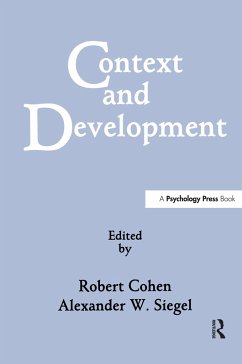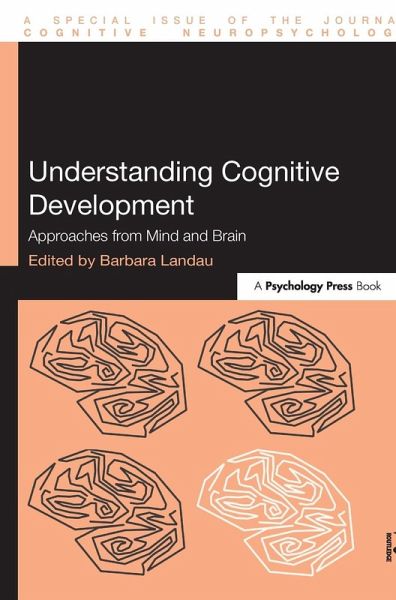
Understanding Cognitive Development
Approaches from Mind and Brain
Herausgeber: Landau, Barbara

PAYBACK Punkte
90 °P sammeln!
This special issue of Cognitive Neuropsychology brings together perspectives from scientists using a wide range of approaches to address enduring questions about the nature of cognition, its development, and its realization in the developing brain.





